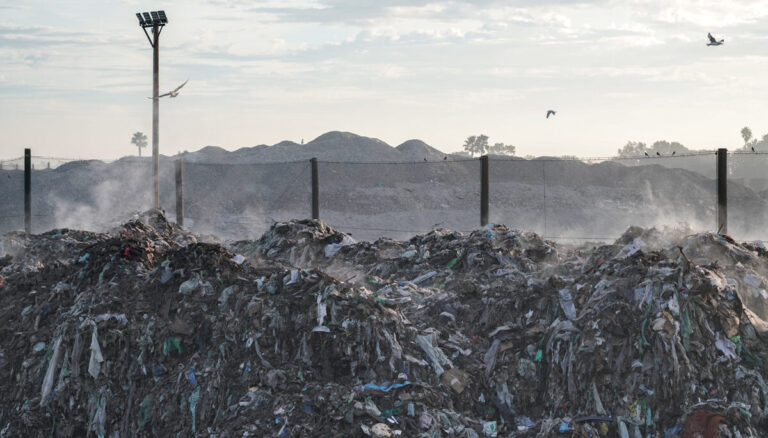Plastic fantastic: this new revolutionary enzyme can break down plastic waste in hours, not decades
Here’s a terrifying fact for you: less than 10 per cent of the world’s plastics have been recycled. Not a great statistic, huh? For years, humanity has been struggling with plastic pollution, a product of our own design, and as such scientists around the world have been working tirelessly to come up with a solution to the problem. Now, thanks to all their hard work, they may have finally found an answer.
Polymer polyethylene terephthalate (PET), which makes up about 12 per cent of all global waste and is a clear, strong, and lightweight type of plastic that is widely used for packaging foods and beverages, especially convenience-sized soft drinks, juices and water, has been used in trials in conjunction with a new enzyme that is reported to cut the breakdown of plastics from decades to—in some cases—mere hours. The team behind this revolutionary creation, hailing from the University of Texas (UT) at Austin, has called it ‘FAST-PETase’ (functional, active, stable and tolerant PETase). “The possibilities are endless across industries to leverage this leading-edge recycling process,” chemical engineer Hal Alper said in a press release. “Beyond the obvious waste management industry, this also provides corporations from every sector the opportunity to take a lead in recycling their products.”
After studying a natural PETase that allows bacteria to break down PET plastic, they used machine learning to single out five different mutations that would help it degrade plastic faster, and allow it to work in a variety of environmental conditions.
Through this trial, scientists have tested the new enzyme on 51 different post-consumer plastic containers, five different polyester fibres and fabrics, and water bottles—all made from PET. In all of the tests conducted, the enzyme was successful in breaking them down at temperatures below 50 degree Celsius, which is key, according to Alper. “When considering environmental cleanup applications, you need an enzyme that can work in the environment at ambient temperature. This requirement is where our tech has a huge advantage in the future.”
Biochemist Andrew Ellington from the UT at Austin, whose team led the development of the machine learning model, was also very excited by this development. “This work really demonstrates the power of bringing together different disciplines, from synthetic biology to chemical engineering to artificial intelligence,” Ellington said in the press release.
Considering that PET is part of a vast majority of global waste, this new enzyme could be key in helping reduce plastic pollution. Some of the major factors in play here, according to the researchers, is its reasonable cost, ease of mobility and the fact that it can be easily up-scaled to meet the requirements of industrial-level production.
Sadly, the current methods of disposing of plastics consist of chucking it in a landfill and letting it slowly rot away over many years, or burning it and releasing noxious gases into the atmosphere—exactly like how we deal with returned goods. Both of which aren’t particularly environmentally friendly. Alternative strategies are the need of the hour, and although this new discovery is still in its infancy, it’s a step in the right direction. Who knows, the planet may still have a fighting chance because of it?





